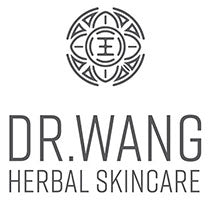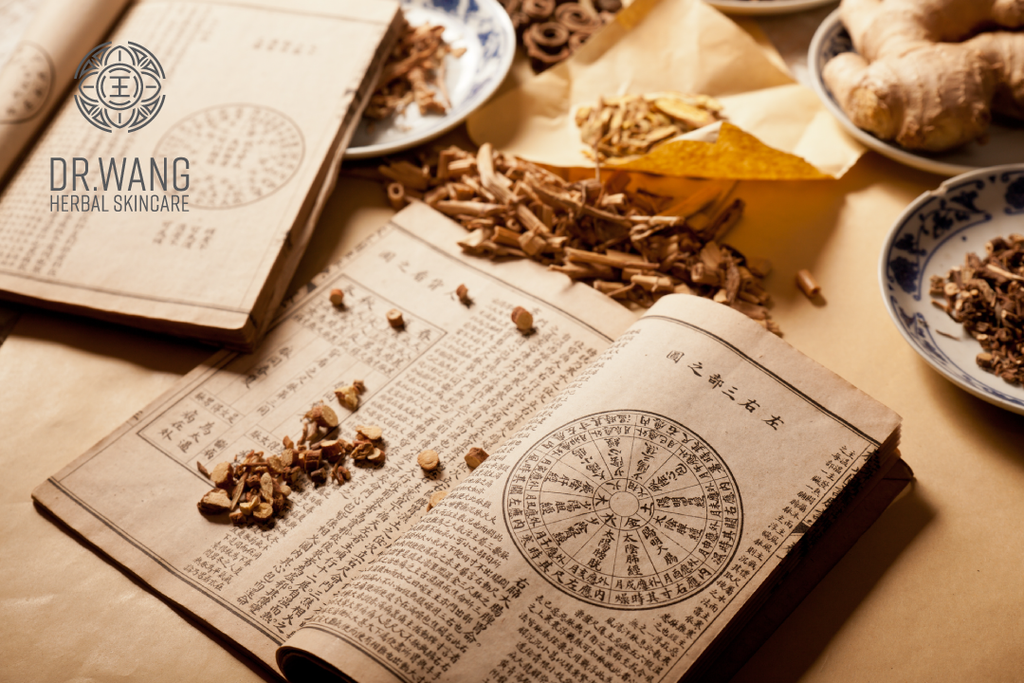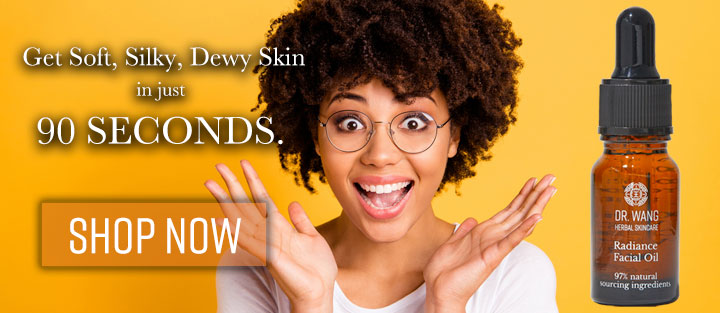Herbs are used to treat just about everything in Traditional Chinese Medicine. Very rarely is one herb used to treat an illness, but rather a combination is used, and more often than not, consumed as a tea. On certain occasions, herbs are applied as topical skincare regiment.
Unless you are a practitioner of TCM you most likely will not know what the right combination of herbs is to treat your ailment. This can be frustrating and overwhelming for those who are at the end of their ropes and just want to feel better!
So we put together a list of 5 helpful, accessible, and popular Chinese herbs to add to your routine!

Ginseng
Ginseng has been used in Traditional Chinese Medicine for centuries as both medicine and as part of one's diet. Ginseng is classified in three ways, depending on how long it is grown: fresh, white or red. Fresh ginseng is harvested before 4 years, white ginseng is harvested between 4 and 6 years, whereas red ginseng is harvested after 6.
Ginseng is a cold herb that helps to alleviate hot illnesses such as eczema. Studies conducted on ginseng effectiveness on inflammation found that it was able to inhibit inflammation and increase antioxidant capacity in cells. Another study was done in order to examine the benefits of ginseng on those who suffered from eczema. This study focuses only on red ginseng extract and found that it reduced inflammation and improved antioxidant activity in skin cells from people with eczema. And finally, another study investigated the effects of having 18 young male athletes take 2 grams of red ginseng extract three times per day for seven days. The men then had levels of certain inflammatory markers tested after performing an exercise test. These levels were significantly lower than in the placebo group, lasting for up to 72 hours after testing.

Comfrey
Comfrey is an herb that is typically used in Traditional Chinese Medicine to help cure rosacea. This perennial herb is loaded with nutrients that promote healing of the skin. One of the most powerful in comfrey is allantoin. Allantoin has been used in over-the-counter treatments to help hydrate and soothe irritation. This makes it a great choice when it comes to healing rosacea with herbs. Because of the anti-inflammatory and soothing properties of allantoin, it is often used as a part of key ingredients in many herbal skincare products.
Goji Berry
One of the most popular Chinese herbs is the superfood Goji Berries! This fruit is full of vitamins A, B1, B2, B5, B6, C and E, as well as antioxidants, minerals and beta-carotene. They have been used in Traditional Chinese Medicine for many years because of their ability to strengthen the kidneys and balance the body. It is another key ingredient in an herbal skincare routine.
As mentioned above, goji berries contain beta-carotene. This is what’s known as a phytochemical and it’s responsible for the orange-red color pigment in goji berries. Other than the beautiful color it gives goji berries, it also has health benefits too! Beta-carotene is vital for eye health, bone health, skin health, and cell development. In fact, the amount of beta-carotene in goji berries is among the highest of all edible plants! One study conducted on mice found that when they drank 5 percent goji juice, it gave them enough antioxidants to protect against UV light damage and skin disorders.

Ju Hua (Chrysanthemum)
Ju Hua (also known as chrysanthemum) is an edible medicinal herb and its use can be traced back as early as 475 BCE to 221 BCE. This herb is used primarily for its cooling properties and this is what gives it the ability to relieve itching.
Ginkgo Biloba
Did you know that the gingko tree is one of the oldest species of trees that are still in existence? It is so ancient that fossils dating back 270 million years have been found! The herb that comes from the gingko tree is called Ginkgo Biloba and it is one of the rare ancient herbs that are neutral in nature (as opposed to be “hot” or “cold”.) This means that ginkgo leaves typically don't affect the yin and yang balance in your body. A 2009 study demonstrated that ginkgo helps to relieve premenstrual syndrome (PMS) symptoms in women. During the study, participants taking either ginkgo or placebo experienced a reduction in symptoms. Those taking ginkgo had significantly more relief. Gingo can be ingested orally or incorporated in herbal skincare creams, lotions, serums and applied directly onto skin.
Bottomline
Dr. Wang Herbal Skincare co-founder Steven Wang, MD has enjoyed a long and successful career as a board-certified dermatologist. He currently holds the title of Director of Dermatologic Surgery and Dermatology at Memorial Sloan-Kettering Cancer Center in Basking Ridge New Jersey. Dr. Wang and his father Gui Wang, a licensed acupuncturist with over 40 years of experience, have teamed up to create Dr. Wang Herbal Skincare.
We believe that our experience and knowledge of both modern Western medicine and time-honored Eastern medicine allows us to provide unique skincare solutions. But don’t take our word for it! Read what experts from such reputable organizations as Bloomberg and The New York Times have to say about our products.




